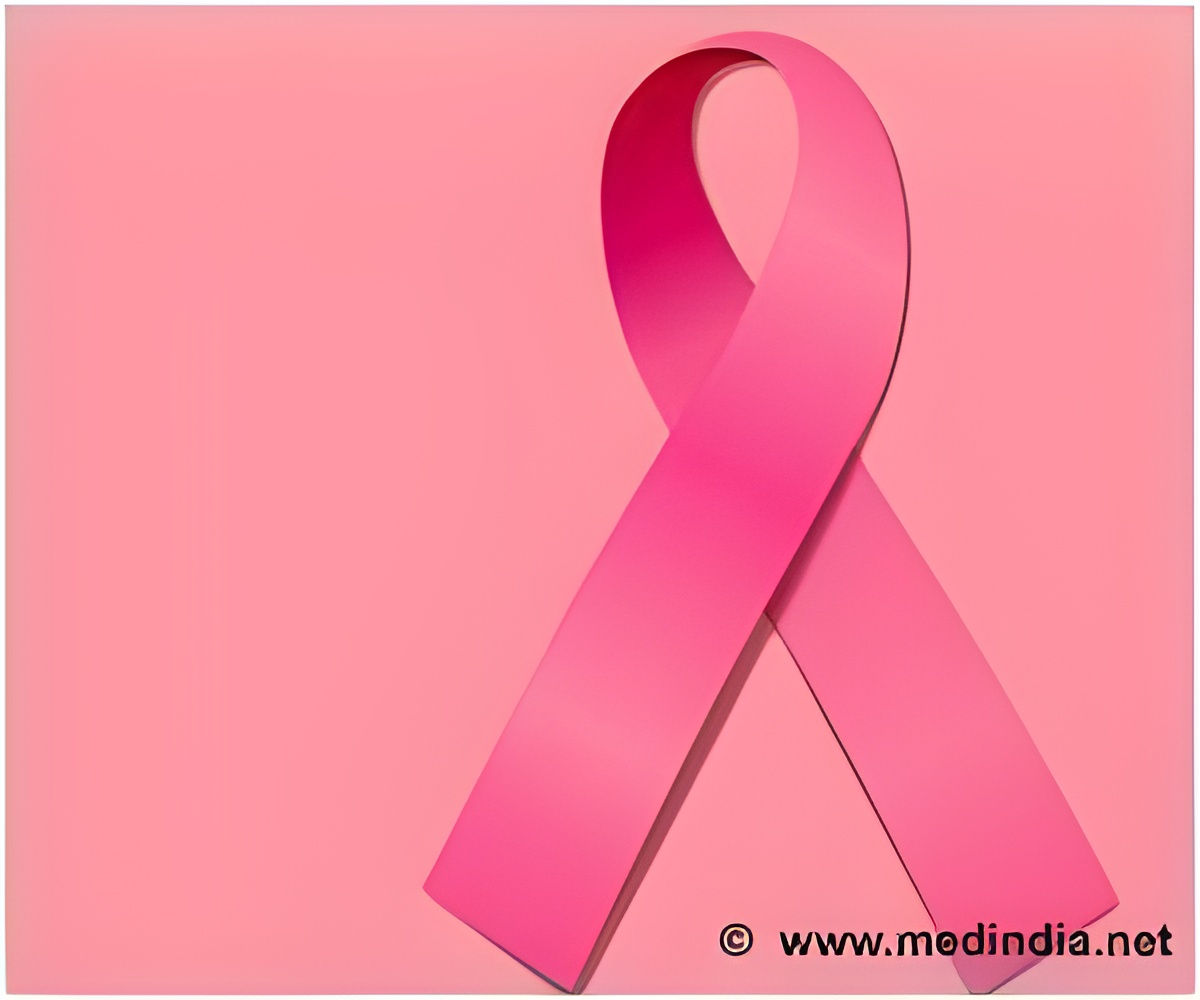According to a study, eighty-three percent of cancer doctors report that they've faced oncology drug shortages, and of those, nearly all say that their patients' treatment has been impacted.
According to a study from researchers at the Abramson Cancer Center and the Perelman School of Medicine at the University of Pennsylvania that will be presented today at the 2013 annual meeting of the American Society of Clinical Oncology (Abstract #CRA6510), eighty-three percent of cancer doctors report that they've faced oncology drug shortages, and of those, nearly all say that their patients' treatment has been impacted.
The results showed that shortages – which have hit especially hard among drugs to treat pediatric, gastrointestinal and blood cancers – have left physicians surveyed unable to prescribe standard chemotherapies for a range of cancers. In the largest study of oncologists to quantify the toll of the cancer drug shortage to date, the research team surveyed a random sample of 500 board-certified U.S. oncologists in late 2012 and early 2013 to obtain information about the impact of drug shortages on their practice during the previous six months. Their findings, drawn from the 250 physicians who responded to the survey, will be presented by the study's senior author Keerthi Gogineni, MD, MSHP, an instructor in the division of Hematology-Oncology in Penn's Abramson Cancer Center, during a press conference on Monday, June 3, 2013.
"Our results indicate that the vast majority of oncologists in the country are facing wrenching decisions about how to allocate lifesaving drugs when there aren't enough to go around," Gogineni says. "The potential impact of these drug shortages is vast: they're putting patients at risk and driving up costs of cancer care."
In addition to quantifying the prevalence of cancer drug shortages, the authors also identified a variety of ways in which oncologists say they've adapted when preferred or recommended drugs are scarce:
- 78 percent of oncologists reported treating patients with a different drug or drug regimen
- 77 percent substituted different drugs partway through therapy
- 43 percent had to delay their patients' treatment
- 37 percent had to choose among patients who needed a particular drug
- 29 percent omitted doses and 20 percent reduced doses
- 17 percent referred patients to another practice
So far, little is known about how these adaptations may impact clinical outcomes, but the authors say the widespread treatment delays reported underscores the urgency of the problem. The most risky types of modifications, Gogineni says, occur when physicians substitute drugs partway through patients' treatments, since there is often no established dose equivalence or known safety profile when the substitute is combined with other therapies. Clinical trials are also hampered when drugs necessary for properly testing new regimens are scarce. The team found that nearly 12 percent of the time, drug shortages prevented enrollment in studies, delayed administration of a study drug, or suspended involvement of patients on clinical trials.
The findings also illustrate the substantial cost burden imposed by drug shortages. Prices for both scarce drugs themselves as well as their common substitutions have risen in recent years. Generic drugs tend to be most difficult to obtain – sometimes due to manufacturing problems, but often, the authors note, as a result of decisions by drug makers to deprioritize production of generics due to their slim profit margin. Consequently, the Penn team found that when confronted with a shortage, oncologists substitute more expensive branded drugs 60 percent of the time. In some cases, these swaps increase costs of care exponentially: In the case of one generic IV chemotherapy drug, 5-fluorouracil (5-FU), which forms the backbone of treatment for several gastrointestinal cancers, 22 percent of doctors reported having to substitute with capecitabine, an oral equivalent that is metabolized into 5-FU in the body. Capecitabine is a branded drug which costs approximately 140 times as much as 5-FU for one round of colon cancer treatment.
Advertisement
Despite the prevalence of the shortage issues, 70 percent of doctors surveyed said their cancer centers or practices had no formal guidance for making allocation decisions. The scarcities raise difficult ethical questions that force doctors to weigh the needs of different but equally vulnerable patients against one another. Should a patient on a clinical trial get priority for a drug, for instance, or should a patient receiving standard therapy take precedence? Do patients with early-stage cancer who are being treated with curative intent get drugs first, or should they go to patients with metastatic disease who need chemotherapy to keep their cancer from spreading further?
The authors, which include Ezekiel J. Emanuel, MD, PhD, chairman of Penn's department of Medical Ethics and Health Policy, point to the necessity of creating guidelines for substitutions, priority populations for scarce drugs, and guidance on how to discuss treatment changes resulting from shortages with patients.
Advertisement
"This is a dynamic problem, and when we learn about new shortages on the horizon, there is usually not a lot of time to plan for how to deal with them," Gogineni says. "Guidelines must be rapidly updated and disseminated, both to large academic medical centers and smaller community hospitals and practices -- where the majority of cancer care is delivered and which often lack the bulk-buying power to keep scarce drugs in necessary supply."
Gogineni will present her team's findings in the ASCO press conference at 7:30 a.m. CT on Monday, June 3 in Room E353a, McCormick Place in Chicago. She will also present the findings at in the Health Services Research Clinical Science Symposium at 11:30 a.m. on Tuesday, June 4, in S404 McCormick Place.
Source-Eurekalert














